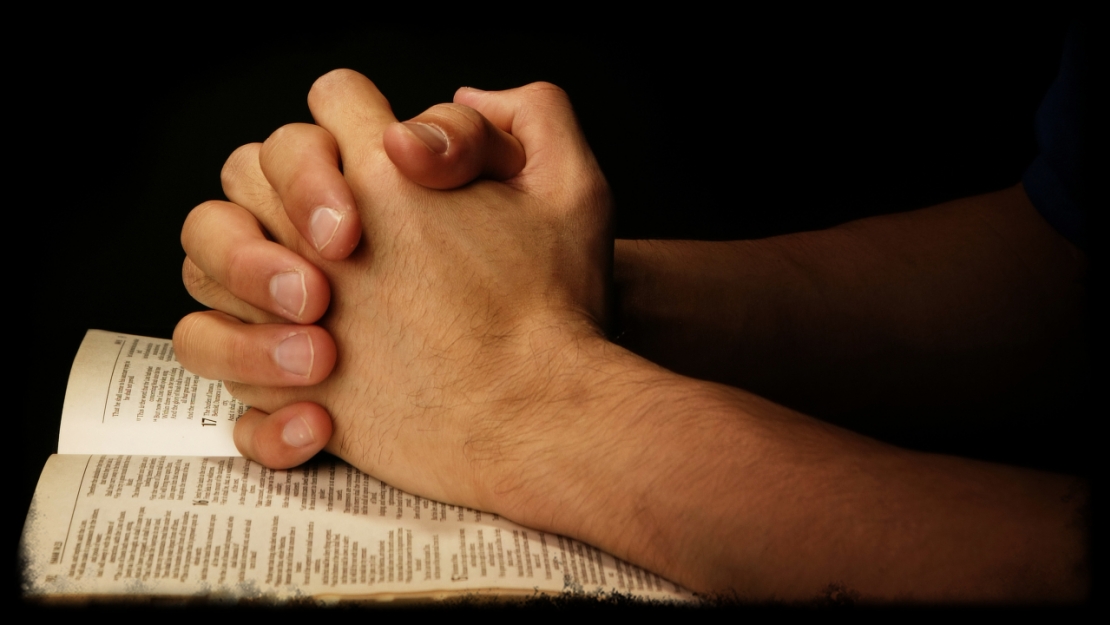Report Calls Swedish Asylum Process for Converts a "Complete Lottery"

A study analyzing the asylum claims from 2015-2018 of 619 Afghan converts to Christianity outlined serious shortcomings in the Swedish Migration Board's process. 68% of the converts were denied asylum on the grounds that their conversions were not deemed to be "genuine," despite all of them being baptized members of 76 churches in 64 locations across Sweden. The report noted that the Migration Board emphasized knowledge-based answers to questions and intellectual ability, rather than evidence of belief, religious practice, and involvement in church life.
The report, the result of a survey by five of Sweden's largest Evangelical communities of 619 Afghan asylum seekers, indicated that a convert's intellectual capacity and ability to reflect on his or her faith was a paramount factor in the Migration Board decisions. Answers to questions amounting to a knowledge test were emphasized -- with belief primarily seen as a system of ideas to study and conversion as the degree received. Read more here for a look at some of the kinds of questions that have been asked of converts. On the other hand, if a person didn't adequately explain the conversion in sufficiently "personal" terms, he or she was deemed not to be a genuine convert, either.
The study said the investigations attached great importance to the intellectual ability of the converts to reason about their beliefs and conversions. The applicants, including many who were illiterate, were expected to have the ability to bring together knowledge and personal experiences, to have good knowledge of Christianity and to give an authoritative account that is detailed and resonant, as well as revealing a "sufficiently intellectual approach."
Ruth Nordström, chief lawyer at the Scandinavian Human Rights Lawyers, said "We see a very low valuation of personal belief experiences and very high demands on intellectual reasoning. This is something that goes against the guidelines of the UN Refugee Agency, UNHCR, which says that the personal belief experience is important to take into account. There has also been a very low valuation of written evidence (evidence of baptism and involvement in church life) and religious practice. This is the same reasoning that goes against all conventions and rights. If you participate in worship services, have been baptized, you participate in rituals and customs such as prayer, worship and other forms of religious practice, then it should be valued, based on UNHCR's guidelines," stated Ruth Nordström.
The Migration Board also appeared to downplay the converts' fears about what would happen if their conversions were revealed. Authorities wrote that there was no reason to assume that Afghan authorities would discover the conversions or that there would be danger if the conversions were discovered. Converts from Afghanistan, the second most dangerous country for Christians according to Open Doors, can face death upon deportation because conversion from Islam to Christianity is deemed apostasy.
A summary of the report in English is available here.
The full report (in Swedish) is available here.
Sources: Konvertitutredningen: Rapport om Migrationsverkets hantering av konvertiters asylprocess; Dagen; Christian Post; Aftonbladet